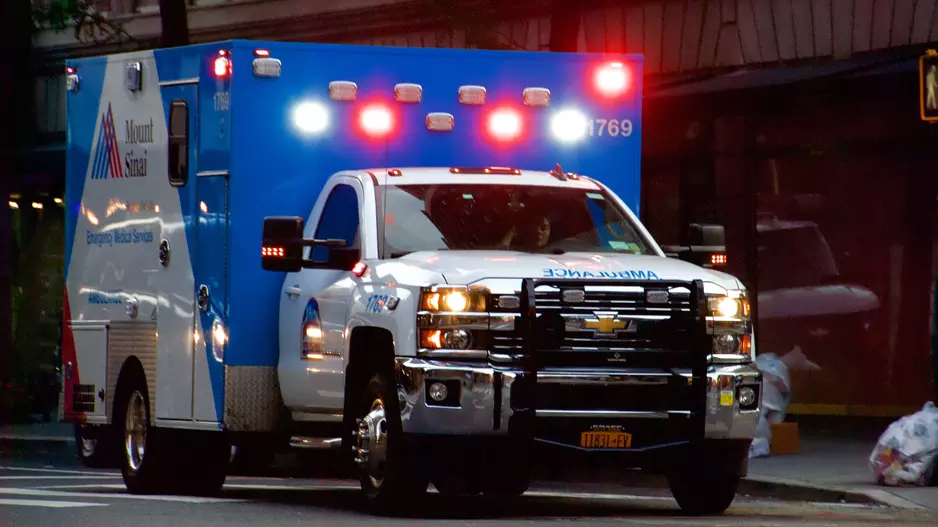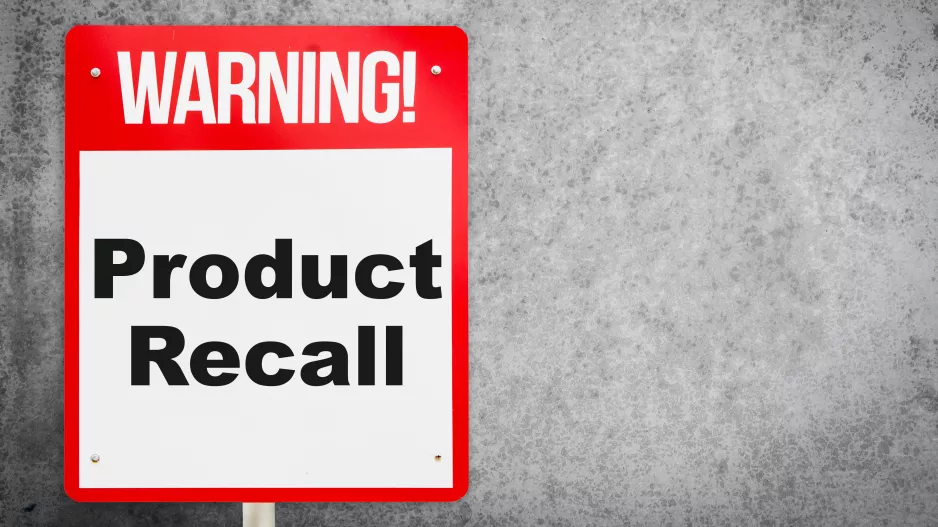More Articles
Researchers have compared the safety and effectiveness of Abbott’s Amplatzer Amulet left atrial appendage (LAA) occluder with Boston Scientific’s first-generation Watchman LAA occluder, publishing their findings in Circulation.
…
Exercise can help patients with atrial fibrillation (AFib) maintain a normal heart rhythm and lower the prevalence of serious symptoms, according to new research presented at the ESC Congress 2021.
Researchers examined data from the…
Trouble breathing was the most common symptom reported by patients who experienced cardiac arrest, while 1 in 10 patients reported their arrest to emergency medical services 24-hours before it occurred, according to research presented at the 2021…
More than two-thirds of atrial fibrillation (AFib) patients who take oral anticoagulant (OAC) medication underestimate their risk of a major bleeding episode, according to new data published in the Journal of the American…
Women face a heightened risk of poor in-hospital outcomes after left atrial appendage occlusion (LAAO), according to a new analysis published in JAMA Cardiology.
The study’s authors examined data from 597 different hospitals that…
When treating atrial fibrillation (AFib), catheter ablation is associated with better outcomes — including fewer hospitalizations — than antiarrhythmic drugs (AADs), according to a new meta-analysis published in Circulation: Arrhythmia and…
Night shift workers are at an elevated risk of developing atrial fibrillation (AFib), according to new research published in the European Heart Journal. They also face a greater risk of coronary heart disease (CHD), but not stroke or…
Abbott has gained FDA approval for its Amplatzer Amulet left atrial appendage (LAA) occluder to treat atrial fibrillation (AFib) patients at a high risk of stroke.
The device was designed to “completely and immediately” seal the LAA with…
The FDA has announced that Boston Scientific is recalling 48,000 INGENIO pacemakers and cardiac resynchronization therapy pacemakers (CRT-Ps).
The recall is due to potential issues when the devices transition to safety mode.
“…
When implemented early on, rhythm control therapy utilizing arrhythmic drugs or atrial fibrillation (AFib) ablation decreases cardiovascular events in patients with heart failure, according to new data published in Circulation.
…
Continuous ECG monitors maintained by trained specialists can detect significant arrhythmias with more accuracy than AI-powered mobile cardiac telemetry (MCT) monitors, according to new findings presented at Heart Rhythm 2021.
The…
Direct oral anticoagulants (DOACs) reduce the risk of stroke more effectively than aspirin among high-risk patients who undergo radiofrequency catheter ablation (RFA) for left ventricular arrhythmia, according to new findings presented at Heart…
Using an antibacterial envelope can significantly lower the risk of infection among patients who develop hematomas after receiving a cardiac implantable electronic device (CIED),…
Boston Scientific’s Watchman FLX left atrial appendage closure (LAAC) device is a safe, effective treatment option for patients with nonvalvular atrial fibrillation (AFib), according to new 2-year data presented at TVT 2021.
The Pinnacle…
Patients who become even a little more active after receiving an implantable cardioverter defibrillator (ICD) can lower their risk of hospitalization for heart failure (HF)…
Multiple risk factors can increase a young adult's risk of developing atrial fibrillation (AFib), according to a new study published in The American Journal of Cardiology.
The authors explored data from 286,876…
Catheter ablation is recommended as a cost-effective second-line intervention for heart failure (HF) patients patients with symptomatic atrial fibrillation (AFib…
Chronic coffee drinking and genetically mediated differences in caffeine metabolism were not associated with an increased risk of cardiac arrhythmias, according to new findings published in JAMA Internal Medicine.
Led by…
Athletes face a heightened risk of developing atrial fibrillation (AFib), according to a new meta-analysis published in the British Journal of Sports Medicine.
Researchers examined data from more than 70,000 participants…
Echocardiograms can play a pivotal role in the assessment of COVID-19 patients, helping determine when the risk is especially high for significant heart complications, according to new research out of Johns Hopkins Medicine.
The analysis…
It often takes months for a COVID-19 patient’s resting heart rate (RHR) to return to normal, according to a new analysis published in JAMA Network Open.
The study’s authors explored wearable data from more than 37,000…



















